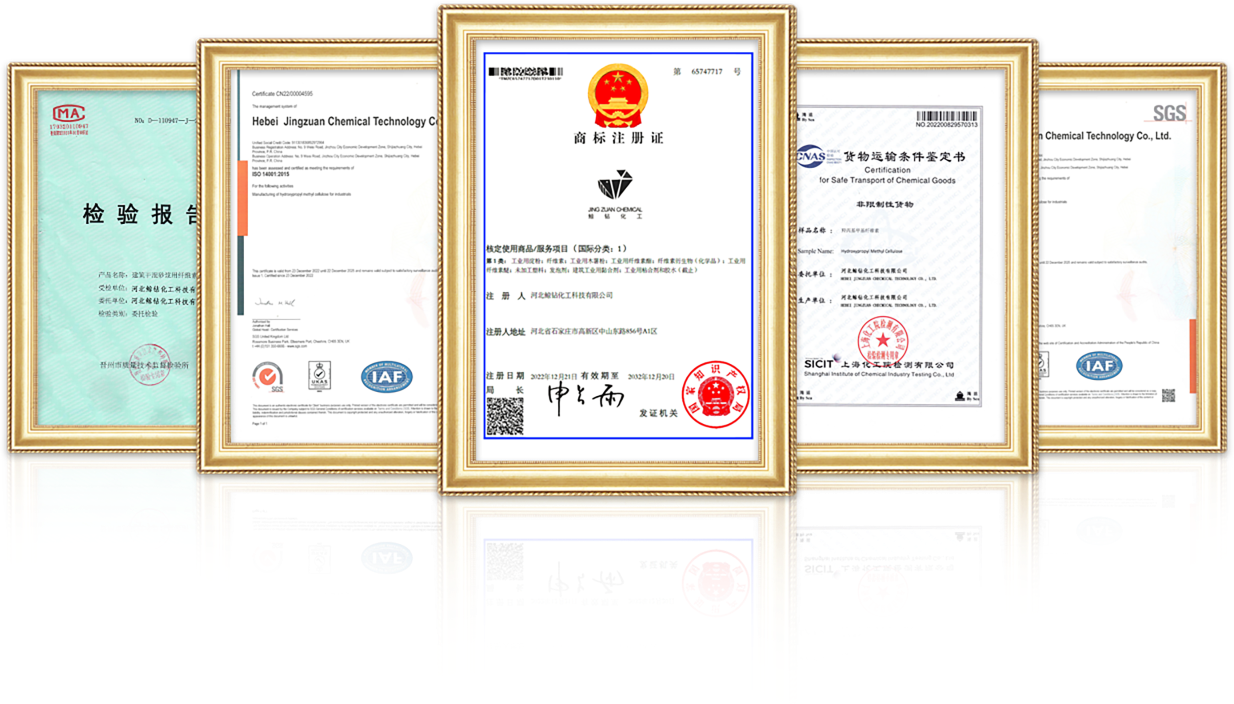
Sep . 24, 2024 03:16 Back to list
Exploring Hydroxyethyl Cellulose Applications in Various Industries and Its Benefits
The Use of Hydroxyethyl Cellulose Applications and Benefits
Hydroxyethyl cellulose (HEC) is a versatile, water-soluble polymer derived from cellulose, a natural polymer found in plant cell walls. With its unique properties, HEC has found widespread applications across various industries, including pharmaceuticals, cosmetics, food, and construction.
The Use of Hydroxyethyl Cellulose Applications and Benefits
In the cosmetic industry, hydroxyethyl cellulose is prized for its ability to impart a luxurious feel to various formulations. Frequently used in lotions, creams, and gels, HEC helps improve the spreadability of products, making them easier to apply and absorb. Its thickening properties ensure a pleasing texture without leaving a greasy residue, which is particularly appealing in skincare products. Additionally, HEC is utilized in hair care formulations, adding moisture and enhancing the body of hair products like conditioners and styling gels.
use of hydroxyethyl cellulose

HEC's utility extends into the food industry as well, where it serves as a thickener, stabilizer, and emulsifier. It is commonly used in food products to improve texture and mouthfeel. For instance, HEC can enhance the suspension of particles in sauces and dressings, preventing separation and ensuring a homogenous mixture. Its role in the formulation of gluten-free products is also noteworthy, as it helps mimic the texture and elasticity traditionally provided by gluten, enabling the creation of palatable gluten-free baked goods.
In construction, hydroxyethyl cellulose is employed as a key additive in cement-based products. It enhances workability, reduces water evaporation, and improves the overall adhesion of mortar and tile adhesives. By controlling the viscosity of these mixtures, HEC contributes to a smoother application, making it easier for construction workers to achieve desired finishes.
In summary, hydroxyethyl cellulose is a multifunctional polymer with diverse applications across various domains. Its unique properties, including thickening, stabilizing, and emulsifying capabilities, make it indispensable in pharmaceuticals, cosmetics, food, and construction. As industries continue to evolve and seek sustainable and effective solutions, the importance of HEC is likely to grow, cementing its role as a crucial ingredient in many formulations.
-
Versatile Hpmc Uses in Different Industries
NewsJun.19,2025
-
Redispersible Powder's Role in Enhancing Durability of Construction Products
NewsJun.19,2025
-
Hydroxyethyl Cellulose Applications Driving Green Industrial Processes
NewsJun.19,2025
-
Exploring Different Redispersible Polymer Powder
NewsJun.19,2025
-
Choosing the Right Mortar Bonding Agent
NewsJun.19,2025
-
Applications and Significance of China Hpmc in Modern Industries
NewsJun.19,2025







